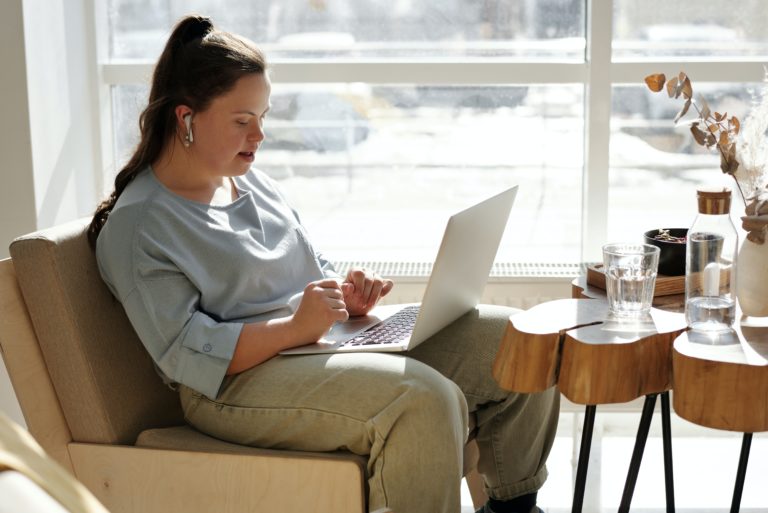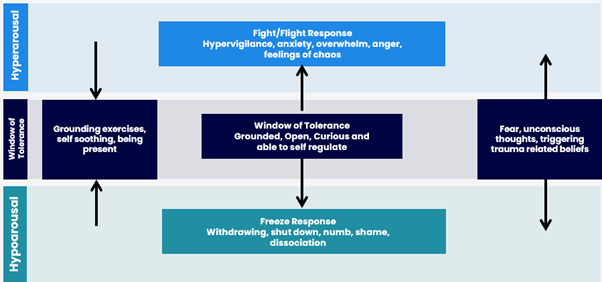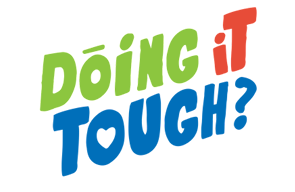For survivors of complex trauma, self-compassion can be challenging but possible to cultivate and develop. When those who are supposed to care or be supportive of us aren’t or haven’t been psychologically, emotionally, and/or physically safe, we may internalise negative beliefs about ourselves and the world around us. This can result in negative self-talk and internal dialogue, and we can have a hard time feeling worthwhile, good about ourselves, and gentle with ourselves when we face challenges, make mistakes, or are learning.
The elements of self-compassion
Learning how to extend compassion to ourselves can improve our internal dialogue or negative judgements about ourselves, soothe our nervous system and emotions, and aid in our well-being. Essentially, self-compassion means noticing that we are in pain and/or having a challenging time, and asking ourselves; ‘How can I comfort and care for myself?’
The key elements of self-compassion as identified by Neff (2024) are:
Self-kindness: Warmth and understanding towards ourselves over self-criticism, and taking pressure off ourselves to be perfect.
Common humanity: Understanding that all humans suffer and that our suffering and shortcomings are a part of the human experience. Remembering this is something we all experience at some point can soothe thoughts that there is something ‘wrong’ with us.
Mindfulness: This means taking a balanced approach to our negative emotions so they are neither denied or exaggerated It means observing ourselves with openness and curiosity, without over-identifying with our thoughts and feelings. (Neff, 2024).
Together, these elements support us to take pressure off ourselves to be perfect and allow us to sit with our emotions and experiences, permit ourselves to be flawed, and understand that mistakes – and learning from them – are a part of the human experience.
Dr Neff (2024) notes that sometimes when people begin to practice self-compassion, their emotional pain may increase at first. This is because “when we open the door of our hearts – love goes in and old pain comes out” (Neff, 2024). The key to managing this is practising mindfulness and self-compassion if safe to do so. However, the most self-compassionate response to ourselves is always to prioritise our safety if we are overwhelmed, which can mean pulling back for a time, focusing on our breathing, and engaging in ordinary day-to-day activities until we feel safe to practice again.












